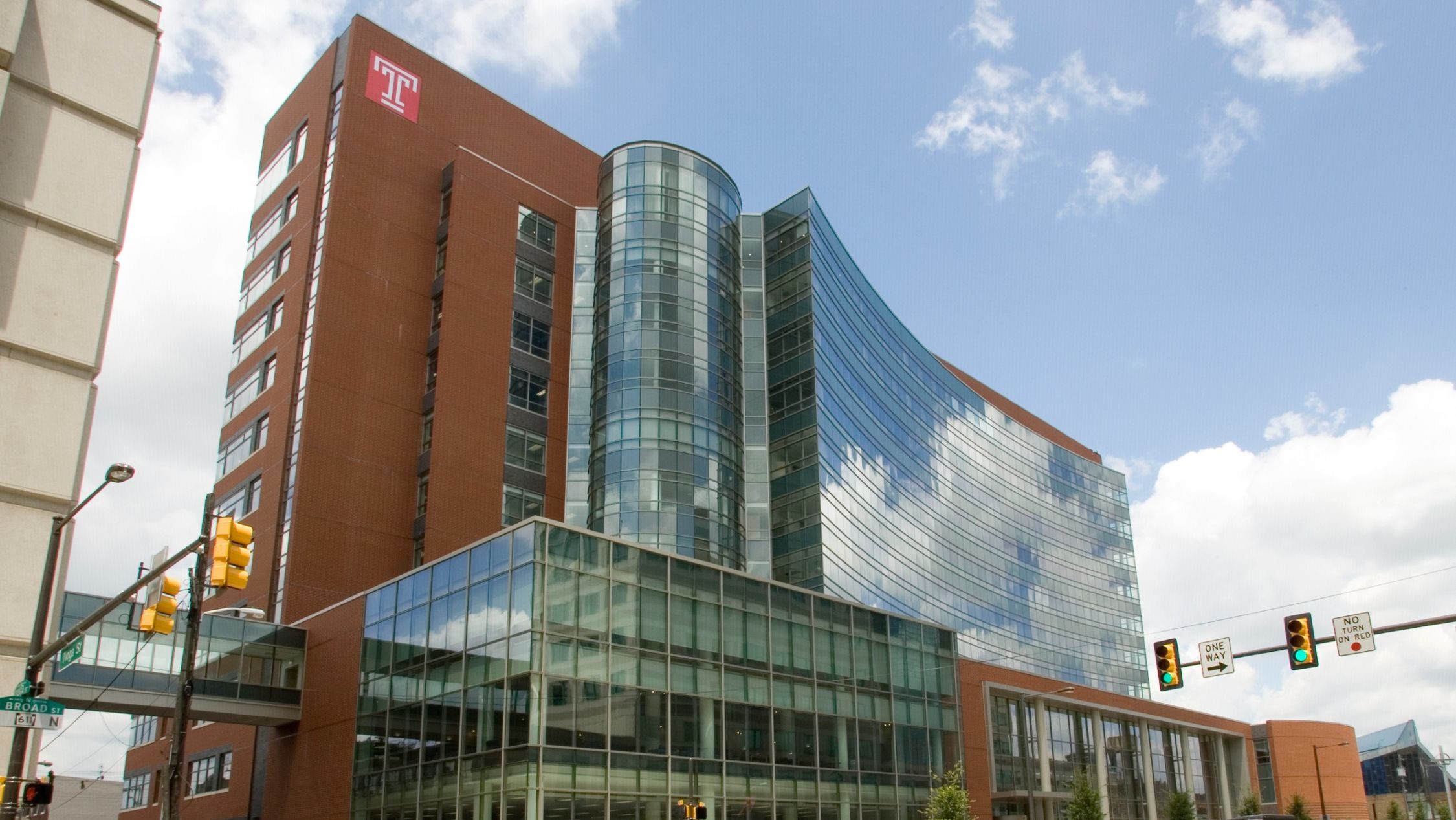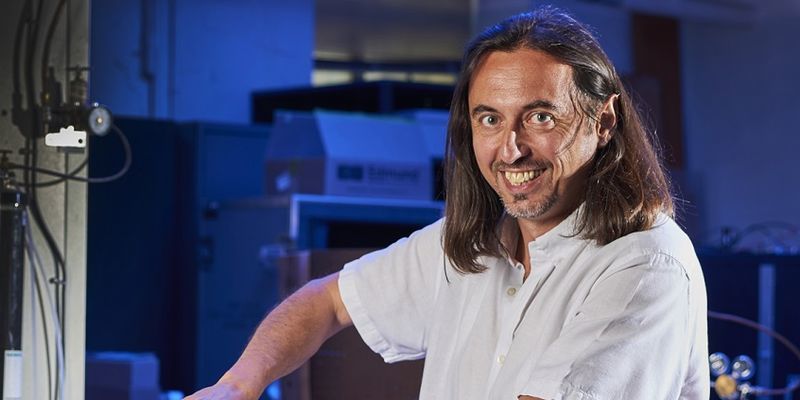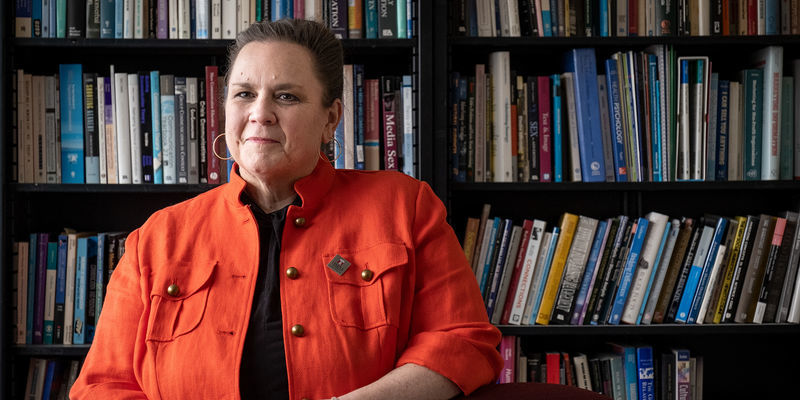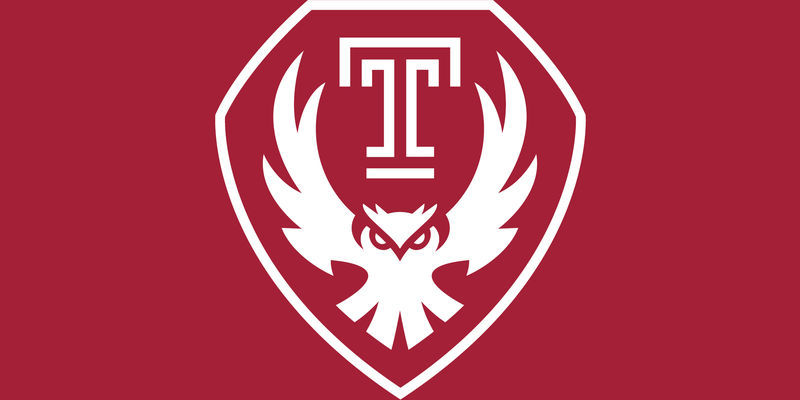Temple’s partnership with Cresco Labs explores cannabis’ untapped medical potential
Temple has been a home for medical cannabis research since 1998. A recent partnership with Cresco Labs will fund a new chapter of medical cannabis research at the university.

Long before you could buy CBD gummies for your pet or lather hemp-infused shampoo into your hair, researchers at Temple University were investigating the ways that cannabis and its compounds could be used in healthcare. Now, thanks to a new partnership with medical cannabis producer Cresco Labs, Temple is expanding its research into the ways cannabis can be used to treat conditions like chronic pain and food allergies.
Founded in 1998, Temple’s Center for Substance Abuse Research’s (CSAR) early work explored cannabis’ impact on the immune system and its ability to treat autoimmune disorders, spinal cord injuries, traumatic brain injuries, strokes and pain. Its researchers found that the cannabinoid known as delta-9 THC could quell immune responses, which makes it a promising treatment option for disorders where the immune system is overactive and attacks healthy cells and tissues, such as multiple sclerosis.
Almost three decades after CSAR originally began its cannabinoid work, the university has built a robust network of cannabis research that involves faculty members from the Katz School of Medicine, the School of Pharmacy, the College of Engineering, and the College of Science and Technology. The newest chapter in Temple’s cannabis research began in 2017, when Temple selected the medical cannabis producer Laurel Harvest Labs as its research partner. In 2021, Laurel Harvest Labs was purchased by Cresco Labs, which has operations in 10 states.
The partnership was made possible through Chapter 20 of the Medical Marijuana Act, which allows Pennsylvania medical schools and teaching hospitals to partner with businesses that grow, manufacture and dispense medical cannabis. Thanks to this partnership, Cresco Labs is now funding Temple-led cannabis research.
“Temple wanted to apply pharmaceutical sciences to the medical cannabis story,” said J. Todd Abrams, senior director of new ventures and business development at Temple and chair of the oversight committee for the partnership between the university and Cresco.
“Cannabis strains have, potentially, hundreds of active ingredients in them. We want to better understand how all of the different strains and active ingredients affect certain symptoms and medical conditions,” Abrams said. “Can we maximize a certain effect? Can we figure out which active ingredients are optimal for treatment of a certain symptom?”
Once the partnership was announced, researchers from across Temple were invited to submit proposals for research to be funded by Cresco. The oversight committee reviewed the proposals and selected the research projects that would be funded through the partnership.
Before the Chapter 20 partnership, cannabis research typically required funding from a federal source, such as the National Institutes of Health (NIH) or the Department of Defense (DoD). Securing that type of funding can be difficult and time consuming, and the process often serves as a barrier preventing researchers from pursuing cannabinoid research. The Chapter 20 partnership, however, has made cannabinoid research funding more accessible to the Temple community.
“When the funds became available, I thought, what am I currently not funded to do that I can tack on with this extra funding?” said Sara Jane Ward, a CSAR researcher and Katz professor who has been involved in cannabinoid research for over a decade. “The partnership allowed my lab to do more and expand more.”
“I think the presence of that funding has encouraged more people at Temple to consider doing cannabinoid research,” Ward continued.
Ward’s work has largely focused on cannabinoids and their beneficial uses in pain management. A main area of her research deals with chronic pain caused from chemotherapy, and Ward is using mouse model research to investigate how cannabinoids can treat chronic pain.
While Ward initially received cannabinoid research funding from the NIH and DoD, she looked to expand her work through the funding provided by the partnership with Cresco. Through Chapter 20, her lab is now studying cannabinoids as a treatment option for incisional pain in a mouse model, and she will soon use the funding to research cannabinoids as a treatment option for dental pain.
The partnership with Cresco has funded four different research projects. One of those research efforts is being led by Kelly Whelan at Katz’ Fels Cancer Institute for Personalized Medicine. Whelan’s research has shown that the cannabis compound CBD decreases a form of food allergy in mice, offering CBD as a new treatment option and improving quality of life for people living with food allergies.
Carlos Barrero from the School of Pharmacy’s Moulder Center for Drug Discovery Research is also benefiting from the Cresco partnership. Barrero’s study will explore cannabinoids’ efficacy as a treatment option for chronic obstructive pulmonary disease (COPD), a group of conditions that restrict a person’s airflow from the lungs and causes breathing difficulties.
As these research projects move forward, senior director Abrams and his oversight committee are reviewing more proposals for a second round of Cresco-funded research. The committee is hoping to fund clinical studies with the new round of proposals. Abrams says clinical studies would allow Temple researchers to test some of their findings from animal model or cell culture studies on real patients and gather stronger data on the effectiveness of cannabis compounds as a treatment option.
“If we find that something is effective in an animal model, for example, then we can take that finding and test a treatment’s effectiveness on real patients in a clinical study,” Abrams said.
The oversight committee plans on announcing new studies being funded by the Chapter 20 partnership later this summer.


